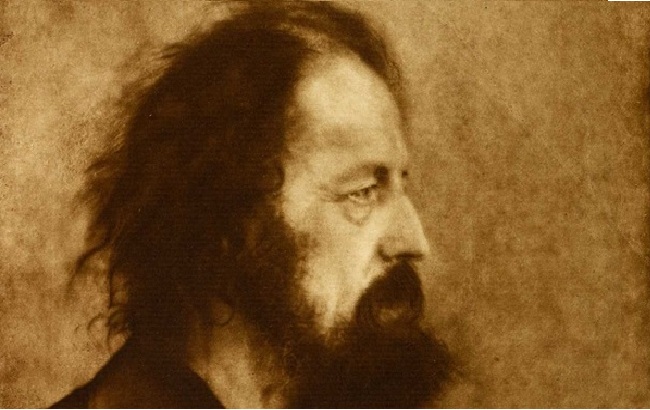Alfred Lord Tennyson, one of the preeminent Victorian poets, left an indelible mark on the landscape of English literature during the 19th century. His poetry, marked by its profound exploration of the human condition, exquisite use of language, and engagement with the societal and technological changes of the Victorian era, encapsulates the spirit of the times. In this essay, we will explore Tennyson’s role as a Victorian poet, examining his thematic concerns, stylistic innovations, and cultural impact.
Tennyson’s poetry is deeply rooted in the Victorian context, reflecting the intellectual, social, and technological developments of the era. The Victorian period was characterized by significant shifts in society, including rapid industrialization, scientific advancements, and debates over religion and morality. Tennyson engaged with these changes in his work, providing a poetic lens through which readers could contemplate the complexities of the Victorian world.
One of the central themes in Tennyson’s poetry is the tension between faith and doubt, a reflection of the religious uncertainties prevalent in Victorian society. Poems such as “In Memoriam” grapple with the challenges posed by scientific discoveries and the erosion of traditional religious certainties. Tennyson’s exploration of doubt and faith mirrored the broader Victorian quest for meaning in the face of scientific progress and theological uncertainties.
Moreover, Tennyson’s poetry often reflects the Victorian fascination with progress and technology. The Industrial Revolution brought about profound transformations, and Tennyson, like many of his contemporaries, grappled with the implications of these changes. In works such as “The Lady of Shalott” and “The Charge of the Light Brigade,” he captures the impact of technological advancements on society, exploring both the wonders and the horrors of progress.
Tennyson’s poetry also resonates with Victorian concerns about gender roles and the changing status of women. In poems like “The Princess” and “The Lady of Shalott,” he portrays complex female characters who challenge traditional expectations. The Victorian era witnessed the emergence of the women’s suffrage movement and debates about women’s rights, and Tennyson’s nuanced depictions of women reflect the evolving discussions around gender in his time.
Stylistically, Tennyson’s poetry is characterized by its exquisite craftsmanship and musicality. He was a master of form, experimenting with various poetic structures and meters. The careful attention to sound and rhythm in his verses contributes to the immersive and emotional impact of his poetry. Tennyson’s skillful use of the lyric, narrative, and dramatic forms showcases his versatility as a poet, allowing him to tackle a diverse range of themes and moods.
The “Idylls of the King,” Tennyson’s epic retelling of the Arthurian legends, is a prime example of his narrative prowess. Through this work, Tennyson not only explores timeless themes of love, honor, and betrayal but also comments on contemporary issues, infusing the mythical past with relevance to the Victorian present. The narrative complexity of “Idylls of the King” reflects Tennyson’s ability to weave together the universal and the timely in his poetry.
Furthermore, Tennyson’s role as the Poet Laureate of the United Kingdom from 1850 until his death in 1892 illustrates his cultural significance. As the official poetic voice of the nation, Tennyson’s verses marked important public events, including the death of Prince Albert and the jubilees of Queen Victoria. His poetry became intertwined with the public consciousness, shaping and reflecting the sentiments of Victorian Britain.
In conclusion, Alfred Lord Tennyson’s contribution to Victorian poetry is multi-faceted and profound. His engagement with the thematic concerns of his time, his stylistic innovations, and his cultural impact as the Poet Laureate all attest to his central role in shaping the literary landscape of the Victorian era. Tennyson’s poetry continues to be studied and appreciated for its depth, beauty, and insight into the complex dynamics of 19th-century society.



